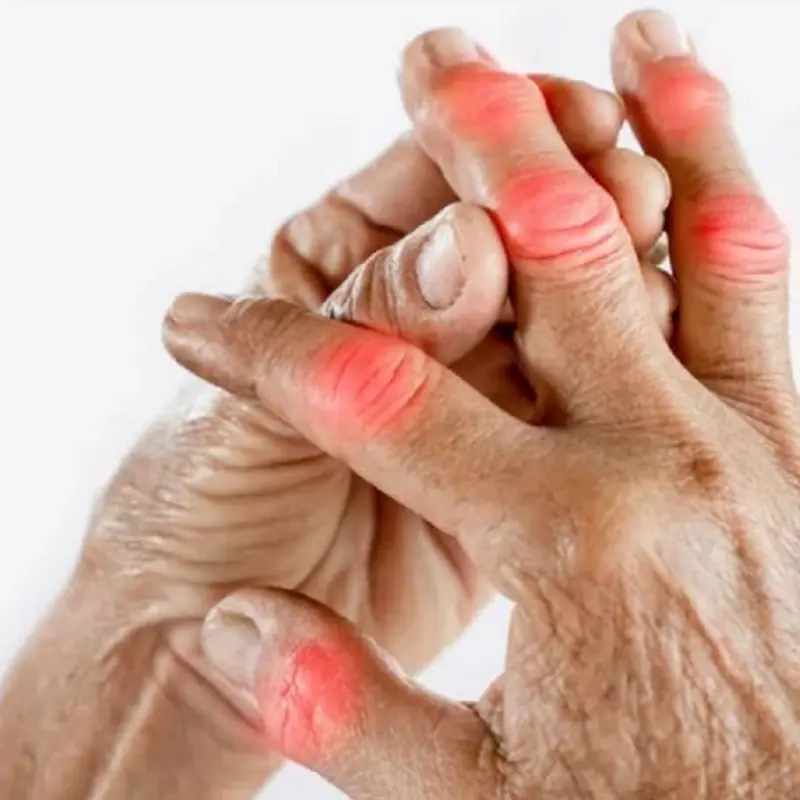
What really happens to your body when you sleep with a fan on?
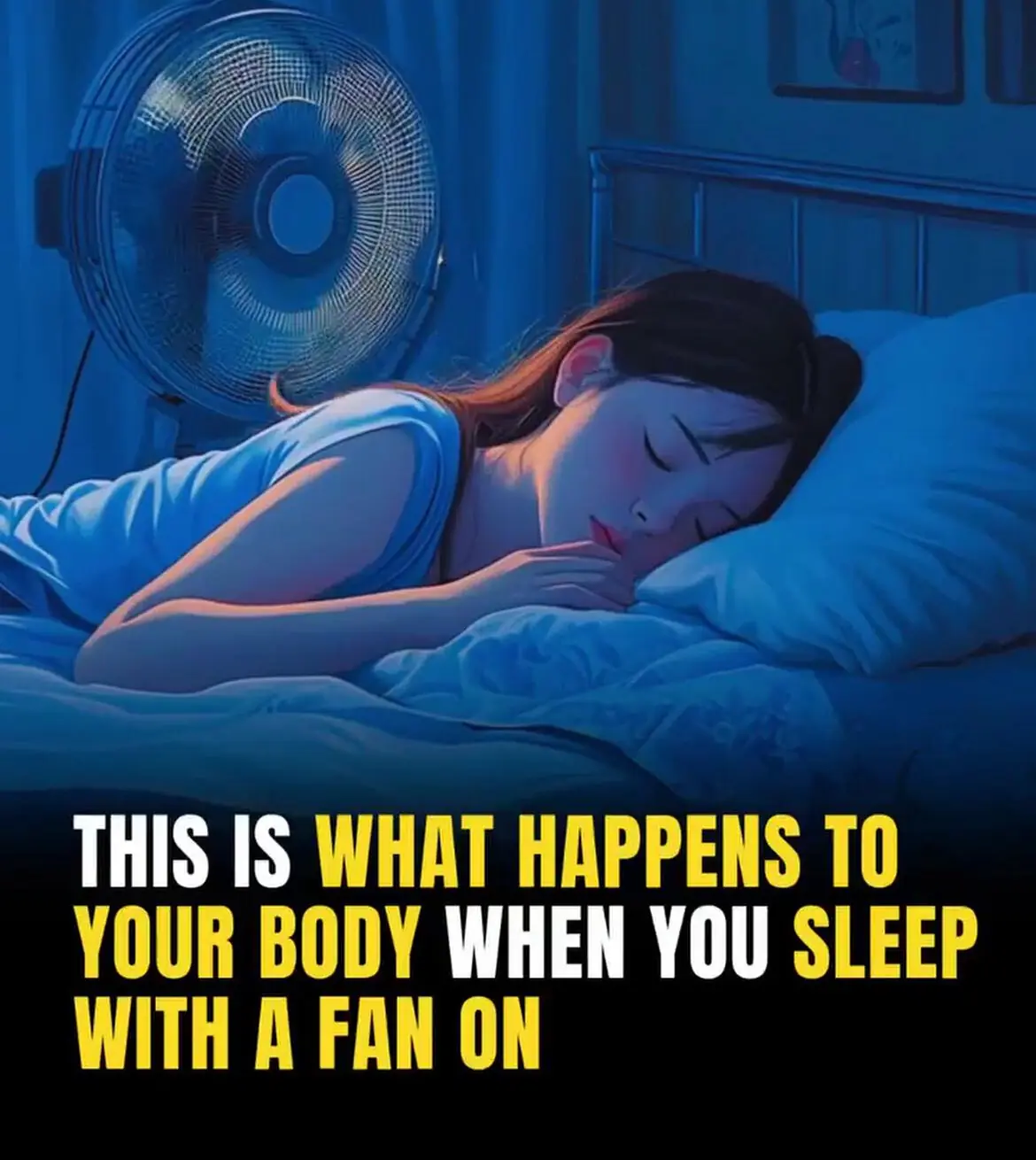
Many people swear by the soothing hum of a fan as a sleep aid, claiming that it helps them fall asleep faster and stay asleep longer. However, while the gentle breeze and white noise may seem like harmless companions in your nightly routine, there are various effects that sleeping with a fan on can have on your body, both positive and negative. In this article, we'll explore the science behind sleeping with a fan, its benefits, and potential drawbacks.
The Positive Effects of Sleeping with a Fan On
1. White Noise and Improved Sleep Quality
One of the most well-known reasons people sleep with a fan on is for the white noise it generates. White noise is a consistent sound that masks other disruptive noises, such as traffic, snoring, or the sound of a neighbor’s television. By blocking out these noises, a fan can help create a more peaceful sleep environment, which may be especially helpful for light sleepers or those who live in noisy areas. Research has shown that white noise can improve sleep quality, as it helps the brain to stay less alert to environmental sounds.
2. Improved Air Circulation and Cooling
Fans are often used in warm weather to circulate air and help keep the body cool. When we sleep, our body temperature naturally drops, and a fan can enhance this process by promoting air circulation. This is particularly beneficial in warm climates or during hot weather, where heat can disrupt sleep, making it uncomfortable to fall asleep or stay asleep.
A cooler room temperature is often associated with better sleep. The ideal sleeping temperature for most people is between 60 and 67°F (15-19°C). By circulating the air, a fan can help maintain this optimal environment, promoting deeper, more restful sleep.
3. Preventing Overheating and Night Sweats
Many people struggle with night sweats, a common problem in warmer weather. Sleeping with a fan on can help reduce the occurrence of night sweats by keeping the air moving and preventing the body from becoming too hot during the night. The constant airflow can also evaporate sweat more effectively, leaving you feeling more comfortable and less likely to wake up drenched.
The Negative Effects of Sleeping with a Fan On
While there are many benefits to sleeping with a fan on, there are also a few potential drawbacks to consider:
1. Dry Skin and Dehydration
One of the most common complaints of sleeping with a fan is dry skin. The constant air circulation can cause moisture to evaporate from your skin, leading to dryness, flakiness, and irritation. If you're prone to dry skin, this can exacerbate the issue. Additionally, the air blowing directly on your face or body can also lead to dry eyes and a sore throat in some individuals.
To combat this, consider using a humidifier alongside the fan, especially if you live in a dry climate. This can help balance the air’s moisture level and prevent the dryness associated with sleeping in air-conditioned or fan-cooled rooms.
2. Allergies and Respiratory Issues
Fans can stir up dust, pollen, and other allergens that may be present in the room, potentially aggravating allergies or asthma. If the fan is blowing air directly toward your face or breathing passages, it can also cause the nasal passages to dry out, leading to discomfort or respiratory irritation.
If you suffer from allergies or asthma, it's important to regularly clean your fan blades and ensure that the fan is not circulating dust or debris in the room. Some individuals find that sleeping with a fan worsens their symptoms, so it may be best to use an air purifier in conjunction with the fan or avoid the fan altogether if you’re particularly sensitive to airborne irritants.
3. Muscle Stiffness and Cramps
Another potential downside of sleeping with a fan is muscle stiffness. Some people find that sleeping with the fan blowing directly on them can cause stiff necks or cramps in their back and shoulders. This is particularly true if the fan is placed too close to the bed or directed at your body for an extended period of time.
To prevent this, try positioning the fan away from your body or using a lower setting to ensure the airflow is gentle. You may also want to experiment with different fan placements to see what works best for your comfort level.
4. Increased Risk of Dry Sinuses
While a fan can help prevent overheating, it can also lead to dry sinuses. The continuous airflow can cause your nasal passages to become dry, which may result in congestion, sinus discomfort, or headaches. This is especially problematic for those who are already prone to sinus issues or who live in environments with low humidity.
If you experience dry sinuses while sleeping with a fan, it may help to use a humidifier or apply a nasal saline spray before bed to keep your nasal passages hydrated.
How to Maximize the Benefits of Sleeping with a Fan On
If you love the feeling of having a fan on while you sleep but want to avoid the negative effects, there are a few strategies you can try to maximize the benefits and minimize the drawbacks:
1. Use a Fan with Adjustable Settings
Choose a fan with multiple speed settings and an adjustable oscillation function. This allows you to control the airflow and direct the fan away from your body when needed. A fan with a quieter setting can also reduce the noise level if it’s too loud for comfort.
2. Position the Fan Wisely
Instead of placing the fan directly at your face, position it at the foot of the bed or across the room to circulate the air gently. This can help avoid dry skin and respiratory issues caused by the direct airflow.
3. Combine the Fan with a Humidifier
If you're concerned about dryness, use a humidifier in the room along with the fan. This will add moisture to the air, preventing your skin and sinuses from becoming too dry. It can also help alleviate symptoms of allergies or asthma.
4. Keep the Room Clean
Regularly clean your fan blades to prevent dust buildup. This will ensure that the fan isn’t circulating allergens or particles that can irritate your skin, eyes, or respiratory system.
Conclusion
Sleeping with a fan on can be a great way to improve sleep quality by providing white noise, cooling the room, and preventing overheating. However, it’s important to be mindful of the potential drawbacks, such as dry skin, allergies, and muscle stiffness. By taking a few simple precautions - like adjusting the fan’s placement, using a humidifier, and keeping the room clean - you can enjoy a more comfortable and restful night’s sleep while still benefiting from the soothing effects of a fan.
News in the same category

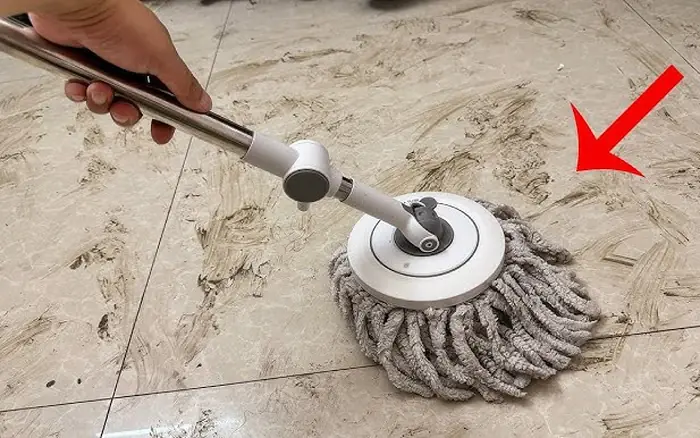
4 Household Items That Are “Dirt Magnets,” Used Daily, Some Even Dirtier Than a Toilet

Eating Fish Regularly Can Be Harmful for 5 Groups of People

6 Foods That Are “Li.ver Destroyers” People Still Eat Every Day

5 Types of Beef You Should Never Eat Even If Given for Free

Does a scratched non-stick coating on a rice cooker cause can.cer? Expert answers

Custard Apple: Delicious and Nutritious, But Strictly Unsuitable for These People
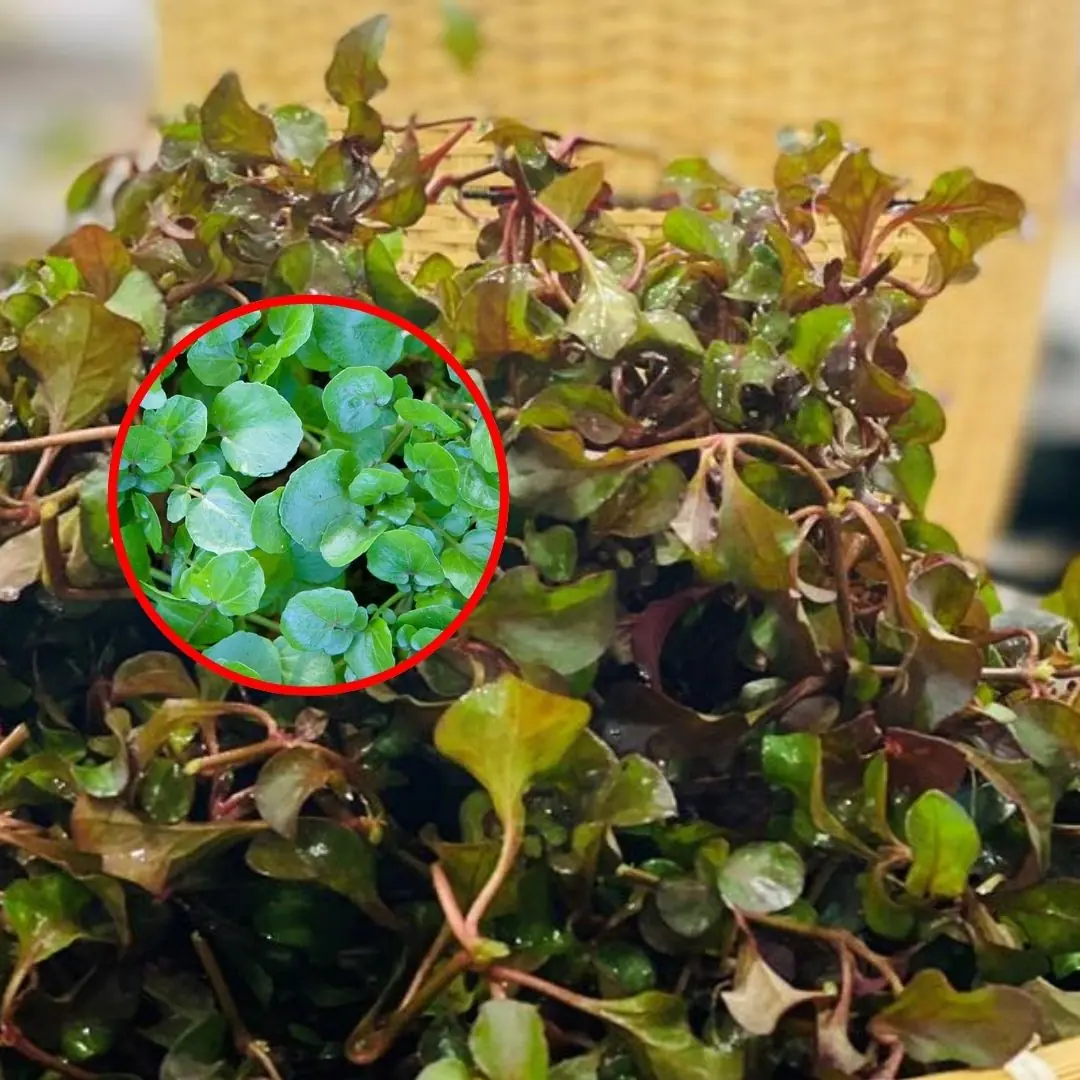
This simple vegetable hides surprising benefits, making it a must for people with heart concerns

Just 5–30 Minutes of This Each Day May Slow the Progression of Diabetes

Adding Salt When Boiling Vegetables to Keep Them Green Is Actually a Mistake

Sugarcane Juice Is Refreshing, but for These 5 Groups of People, Drinking It Only Causes Harm

Okra Has Many Benefits, Yet These 4 Groups of People Shouldn’t Eat It

The mystery behind flight attendants and bananas on flights — the answer will shock you

The Strange Fruit That’s Sweet When Bitten Lengthwise but Astringent When Bitten Crosswise

No Matter How Cheap It Is, Never Buy These 3 Types of Chicken Meat

Using a rice scoop for decades, but not everyone knows what this small dot does
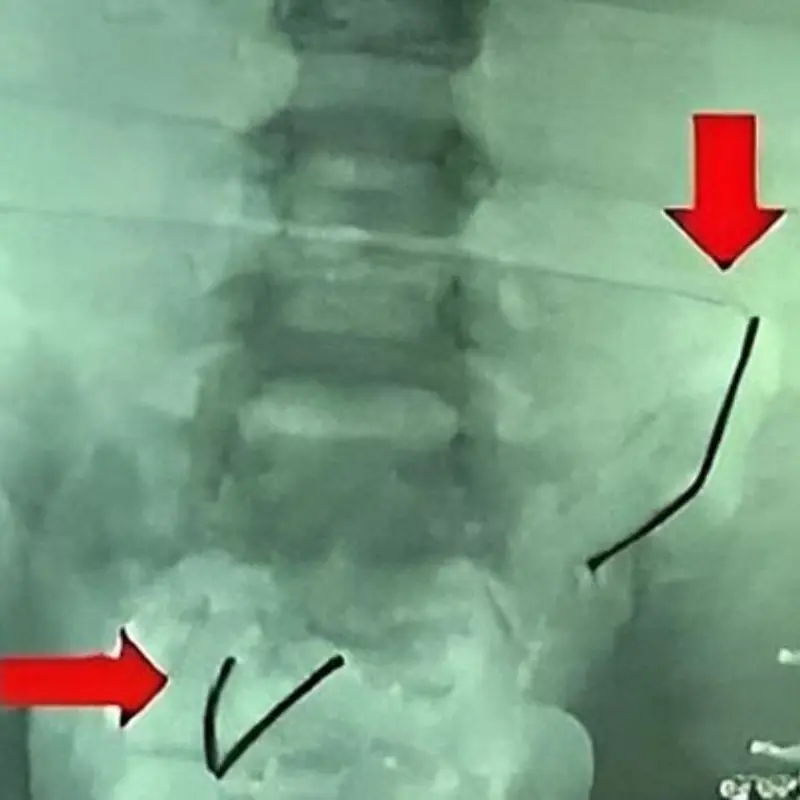
5-Year-Old Boy’s Sto.mach Pain Leads to Shocking Discovery

Once Used as Pig Feed, Now a Luxury Delicacy Worth $3 Million per Kilogram

The Overlooked ‘Ginseng for the Poor’ Growing Wild in the Countryside
News Post
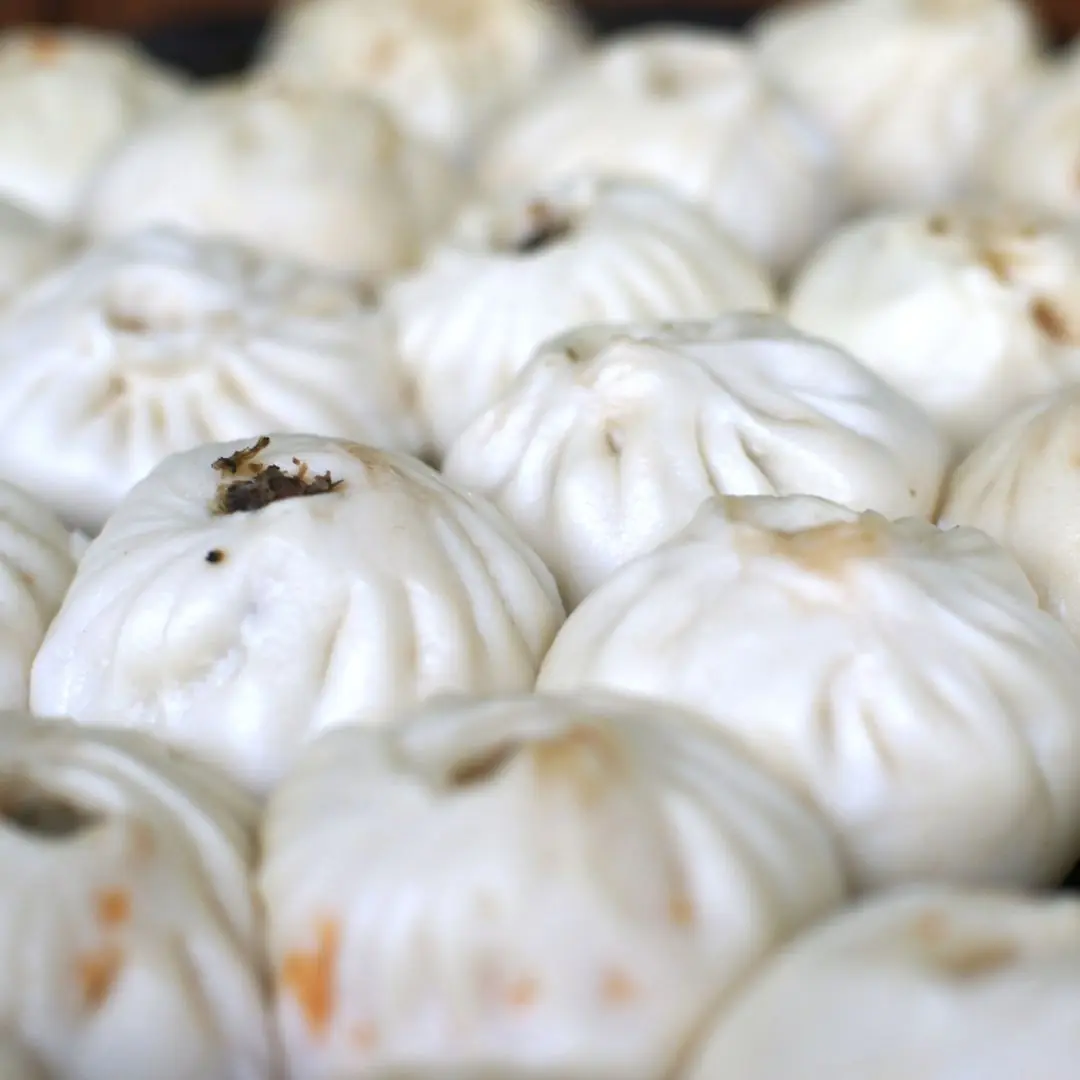
Doctor's warning: Why you shouldn't eat dumplings in the morning and 4 other foods to avoid

Pickled Vegetables: A Favorite Dish but Extremely Harmful for These 4 Groups of People!

Why the Japanese Live Among the Longest Lives in the World

Hyaluronic acid fillers: The surprising truth revealed through MRI scans

Sleeping Over 10 Hours a Day? Beware — It Could Signal These Hidden Health Problems
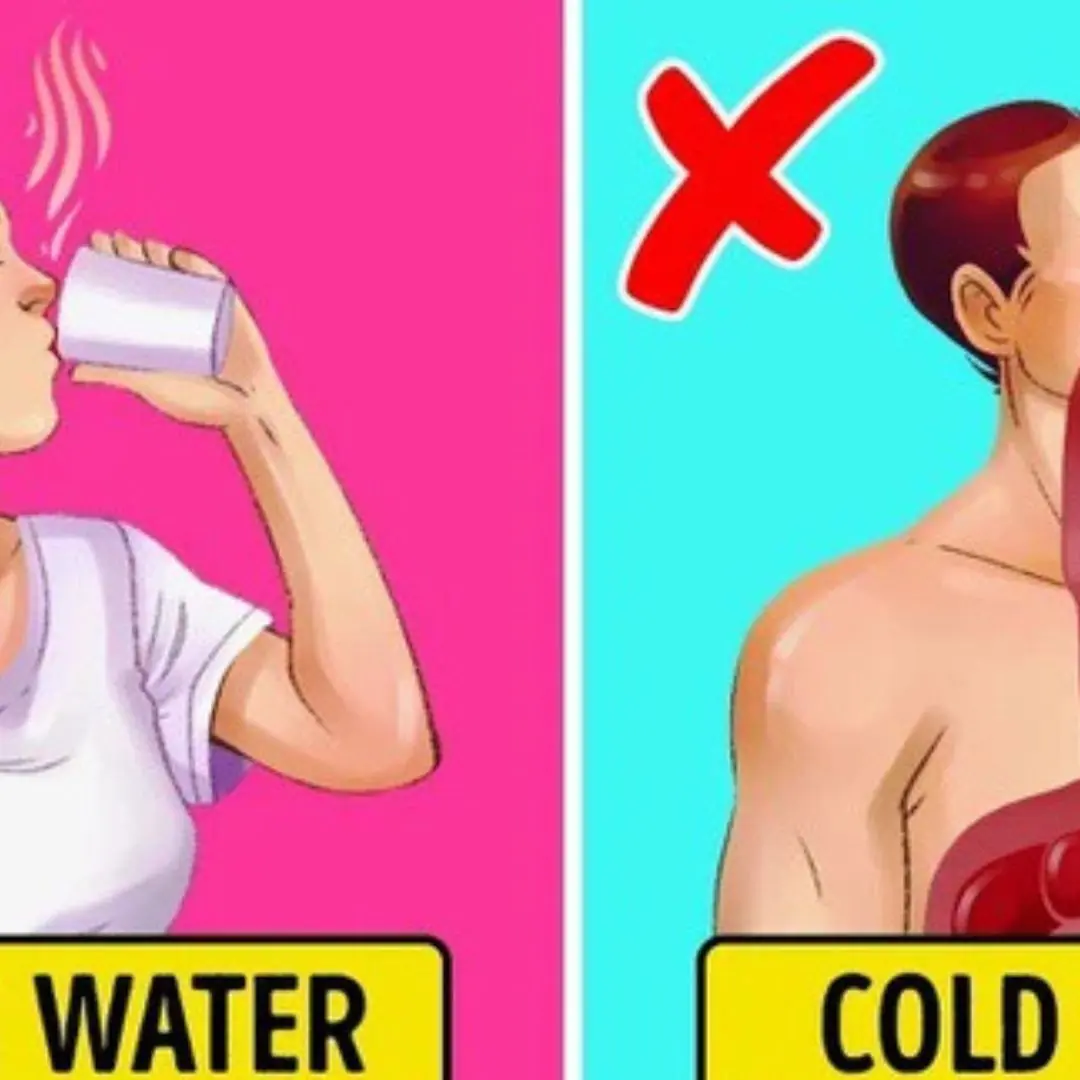
Drinking Warm vs. Cold Water — Discover How Each Impacts Your Health

Rectal Cancer Warning: 5 Uncommon Symptoms You Should Never Overlook
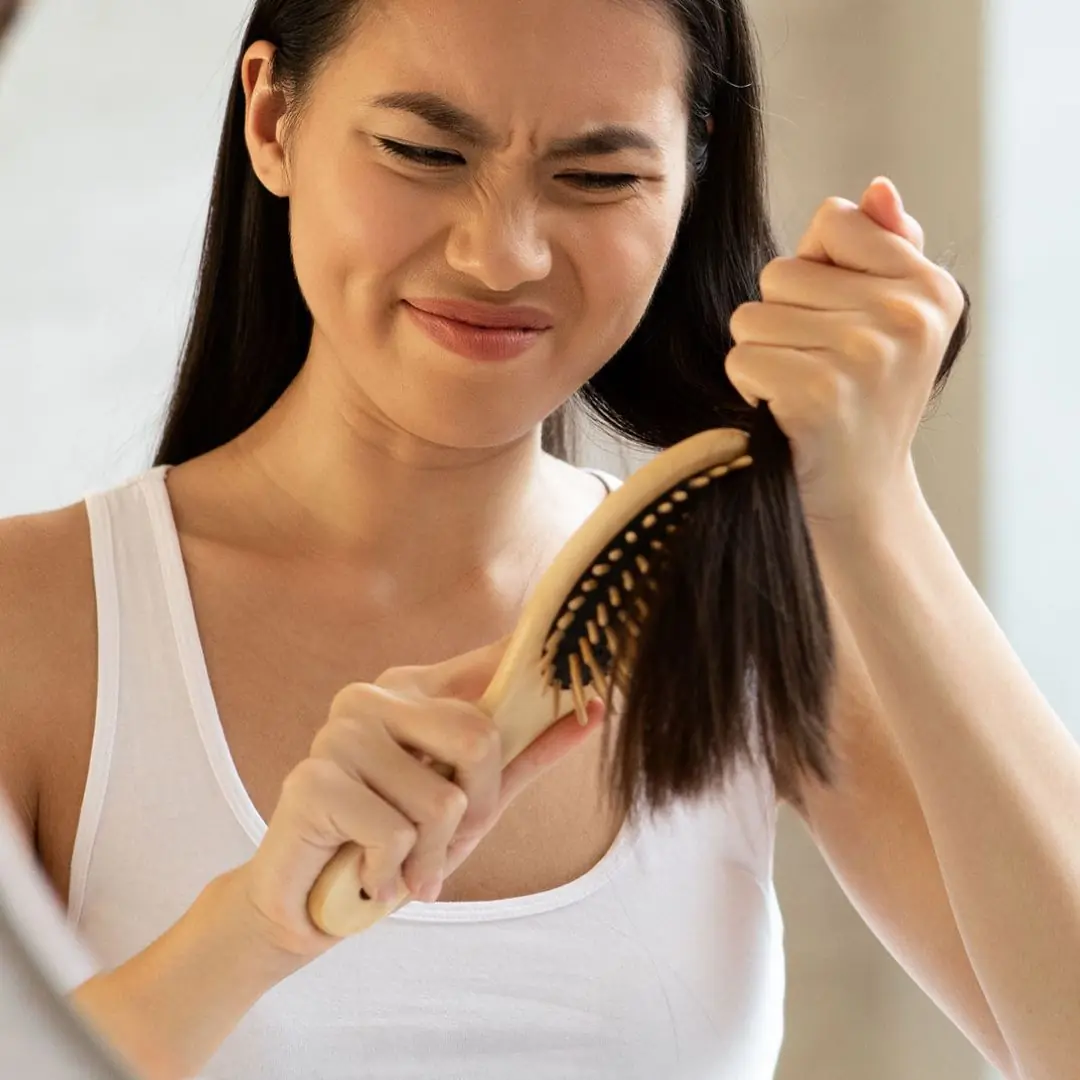
Be careful if your hair shows these 6 signs

A controversial incident at a supermarket has sparked debate about fairness, rules and responsibility

When buying dragon fruit, should you choose ones with short or long stems? Knowing this trick, you’ll pick 10 perfect fruits every time!
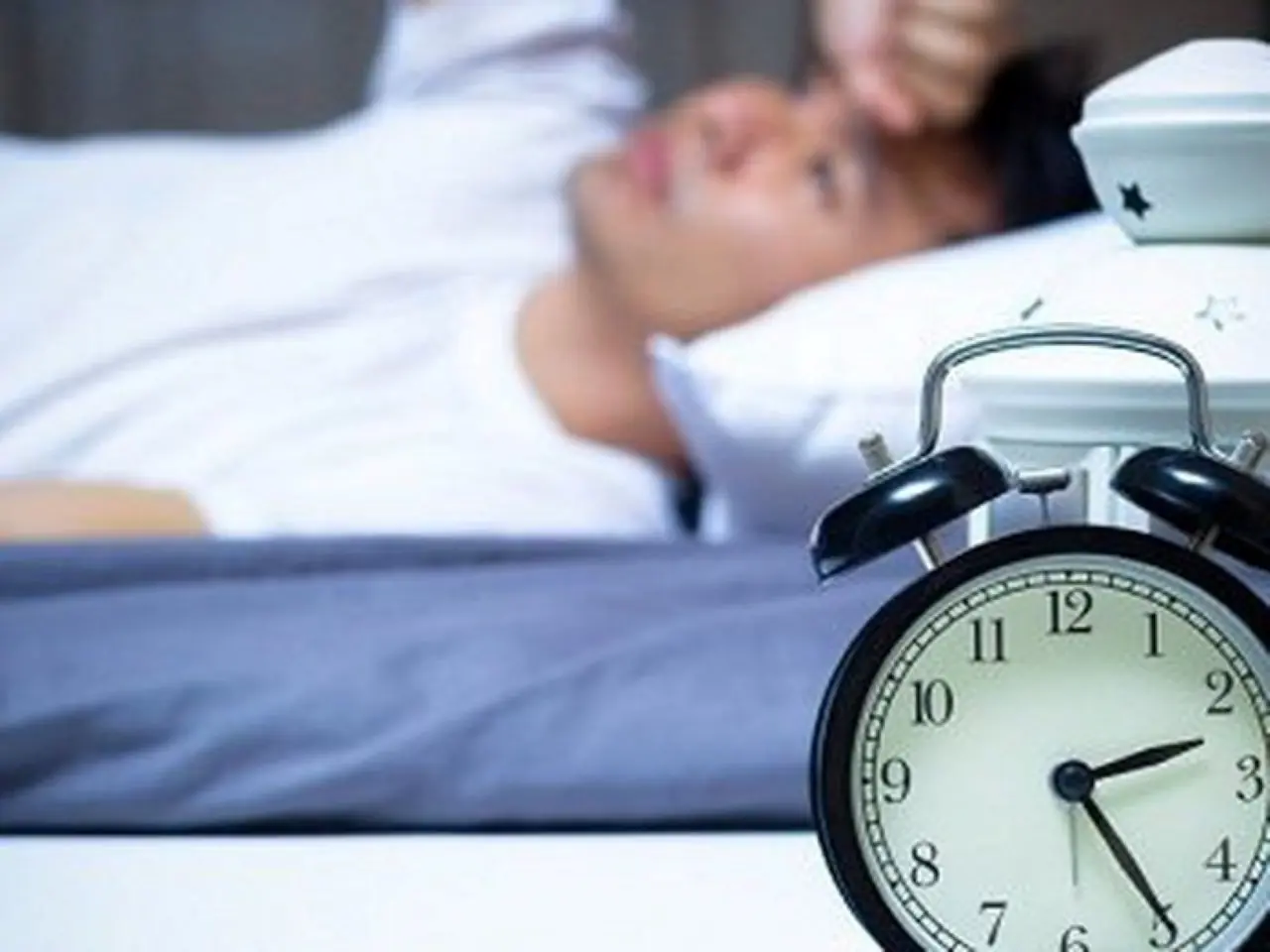
Experts warn: If these 3 signs appear at night, your kid.neys may be damaged

Eat 1 bell pepper every day, your body will receive 5 unexpected benefits

This method makes them spotless like new—no need to remove the frame

8 Early Warning Signs of Art.hr.itis You Must Pay Attention To

Sho.cking health benefits of sweet potatoes you never knew about

Did you know that common foods we eat daily—such as greens, seafood, and meat—can be infected with worms? Let’s explore which foods are most vulnerable and how to reduce the risk
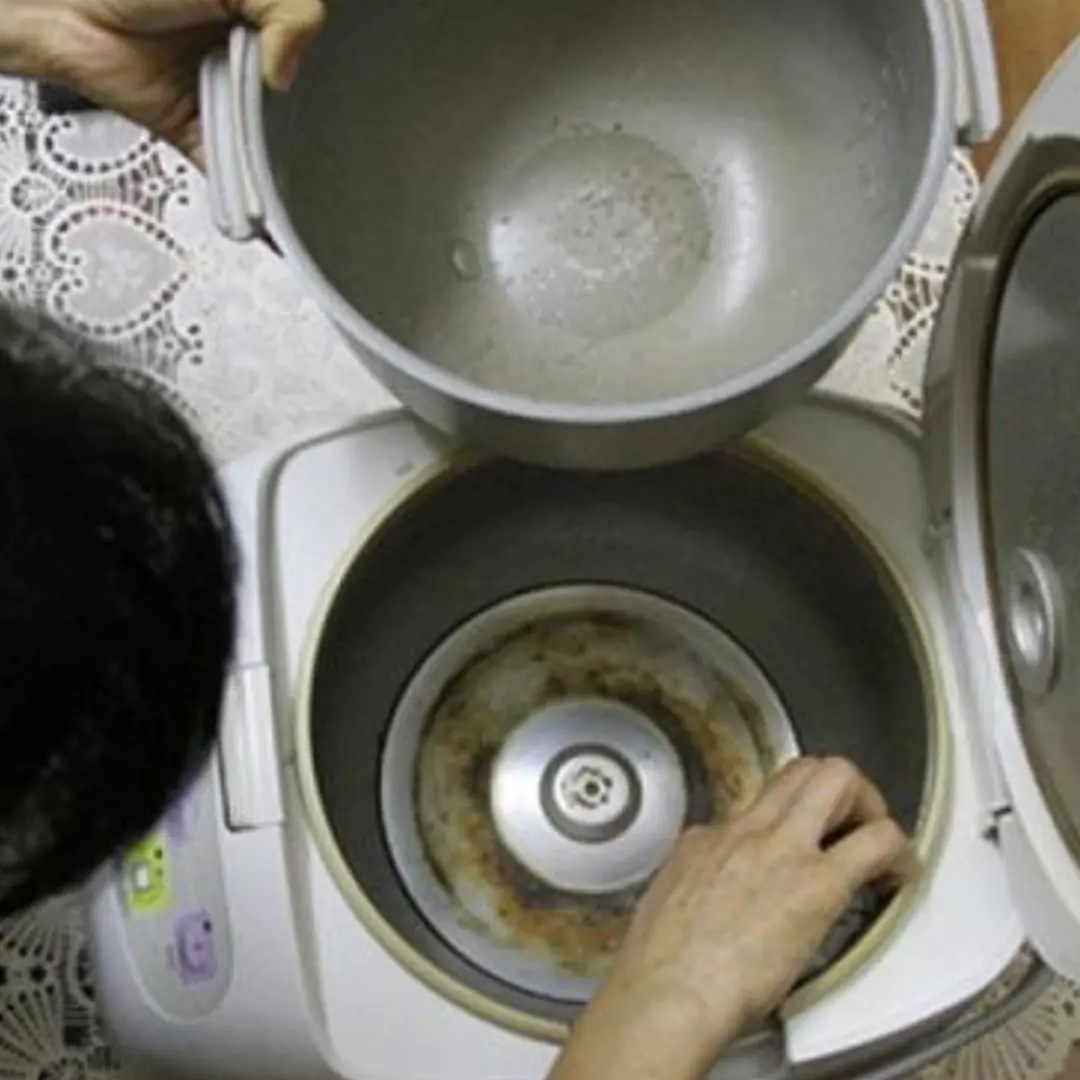
This tiny cleaning trick for your rice cooker could save you a fortune in electricity costs.

Study identifies possible connection to autism development
